News & Media
Critical conversations unpack student and staff resilience in higher education
The Academic Development Symposium is an annual flagship event on the Unisa Western Cape's calendar. The symposium provides a yearly professional space for teaching and learning practitioners to converse, develop and share best practices and innovation in the context of higher education in South Africa.
This year was no exception. With three keynote addresses and 28 parallel presentations, themes aligning to student resilience ranged from student’s digital connectedness, educational exclusions, survival, skills development, recognition of prior learning, cooperative and reflective learning, trauma, rurality as an academic influence and the impact of the Fourth Industrial Revolution on higher education. A total of 167 attendees from fourteen tertiary institutions attended.
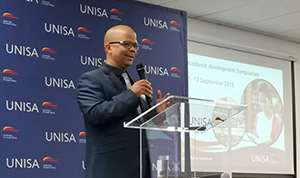
John Abrahams, Unisa
The theme of this year’s symposium focused on fostering student academic resilience in the context of diverse student identities and experiences. The objectives were to engage fellow practitioners and colleagues about student identity and support, and to nurture spaces for conversations to learn from fellow practitioners and colleagues about the changing identities of students within a support framework based on real-life experiences. "In preceding years, we looked at student support strategies and the impact thereof on students’ throughput and retention rates. However, what we realised was that the stance and location of the practitioner remain voiceless within the ambit of academic conversation. This year we decided to flip the coin slightly, to afford practitioners an opportunity to share their views by interrogating their distinct student profiles, and to ascertain what makes students resilient," were the words shared by John Abrahams, Head: Facilitation of Learning (Unisa Western Cape) and symposium convener.
Strong themes which emerged from the symposium were that background and context of students really matter in addressing both their academic needs and to contextualise affective and socio-emotional support in their higher education context. If successfully employed, this will impart a level of socio-academic tenacity which might change the trajectory of student lives.
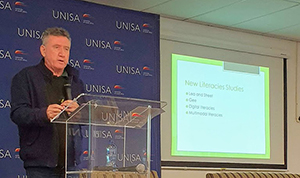
Prof Alan Cliff, University of Cape Town
Another theme was that a one-size-fits-all approach in academia does not address the distinct uniqueness of student characteristics, especially in a higher education system. Teaching resilience in higher education requires students to be able to "bounce back" from challenging spaces, as resilience is, in essence, the process of becoming amid challenging and "unfortunate" circumstances.
Guest speakers of the event included Prof Alan Cliff (University of Cape Town), Prof Jonathan Jansen (University of Stellenbosch) with a special visit from Dr Christopher Knaus (University of Washington Tacoma). Strong in his approach to student resilience, Prof Cliff indicated that in the context of Higher Education, higher education practitioners should be cognisant of the fact that students are different and that the lack of intellectual, affective and physical support from institutions can hinder the response to these challenges. This echoed the intellectual argument of Prof Jonathan Jansen that intellectual, spiritual, emotional and political resilience from all stakeholders can craft ways that can transform institutions and enrich student lives at the same time.
The Academic Development symposium was held over three days, commencing with conversations, workshops, presentations followed by plenary sessions on subsequent days.
* By Jacques du Toit
Publish date: 2019-11-04 00:00:00.0

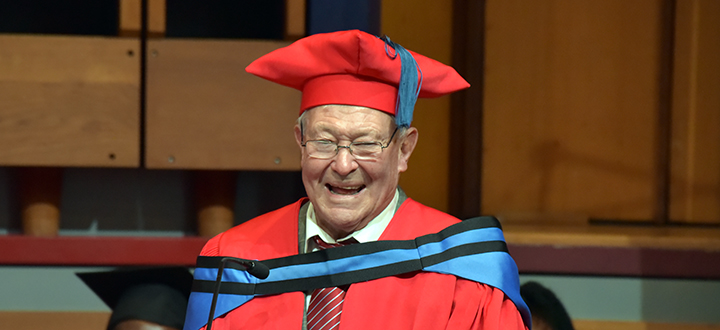 Community champion and agricultural entrepreneur extraordinaire honoured by Unisa
Community champion and agricultural entrepreneur extraordinaire honoured by Unisa
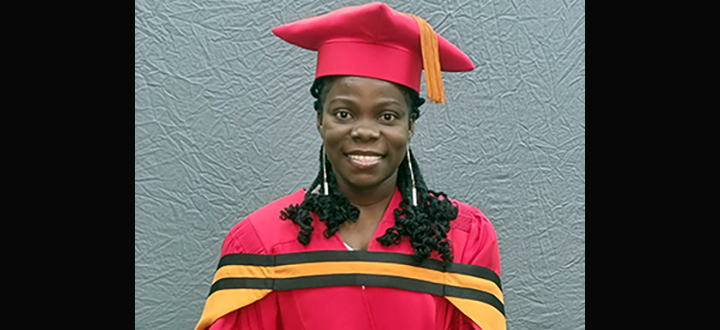 Ghanaian-born Swede earns PhD in Information Sciences from Unisa
Ghanaian-born Swede earns PhD in Information Sciences from Unisa
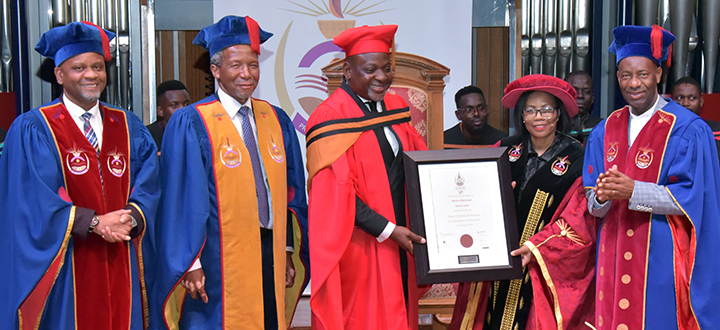 Unisa awards honorary doctorate to exemplary philanthropist and entrepreneur Collen Tshifhiwa Mashawana
Unisa awards honorary doctorate to exemplary philanthropist and entrepreneur Collen Tshifhiwa Mashawana
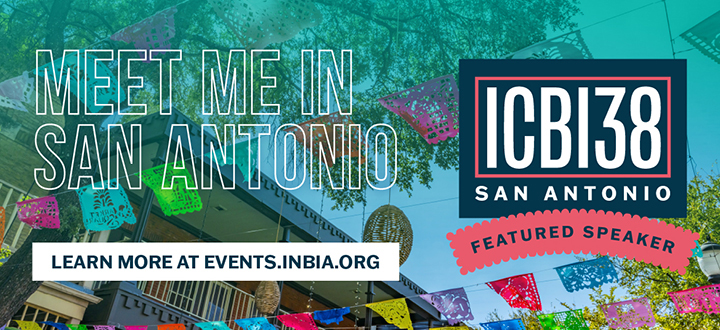 Inhlanyelo Hub explores financing and sustainability at the International Conference on Business Incubation
Inhlanyelo Hub explores financing and sustainability at the International Conference on Business Incubation
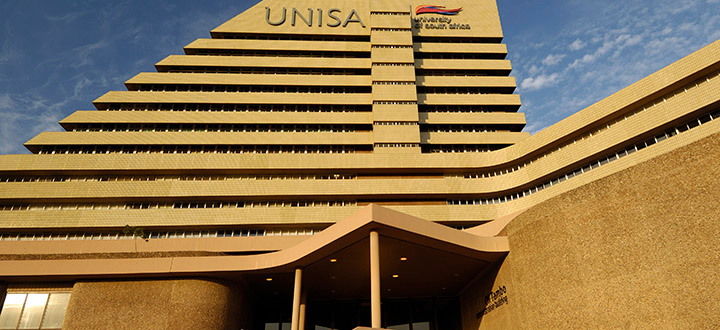 Unisa remains anchored among the waves
Unisa remains anchored among the waves